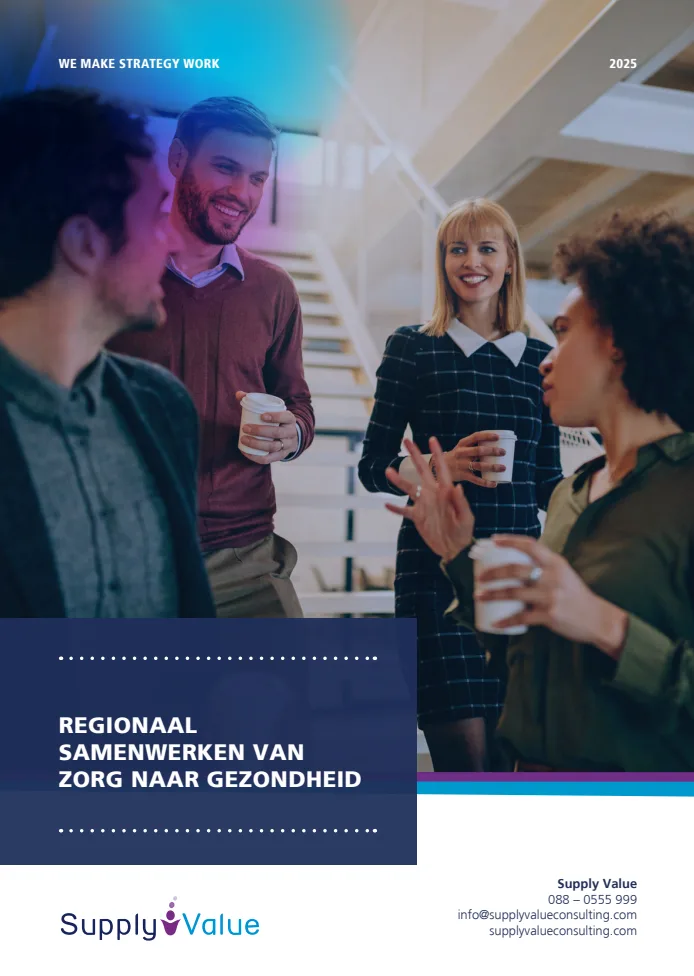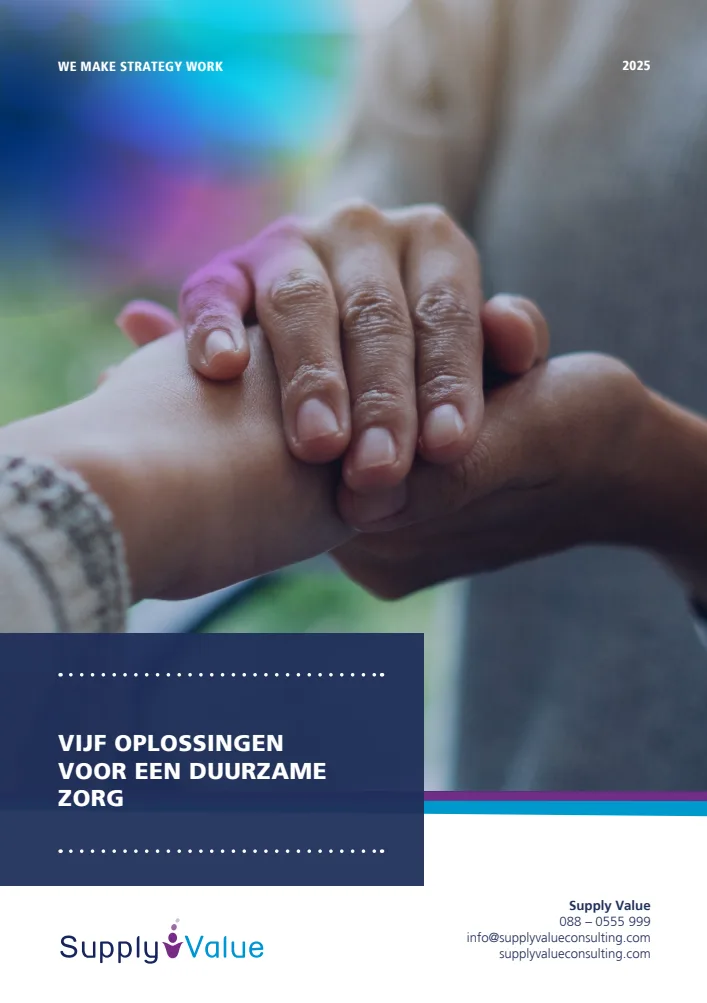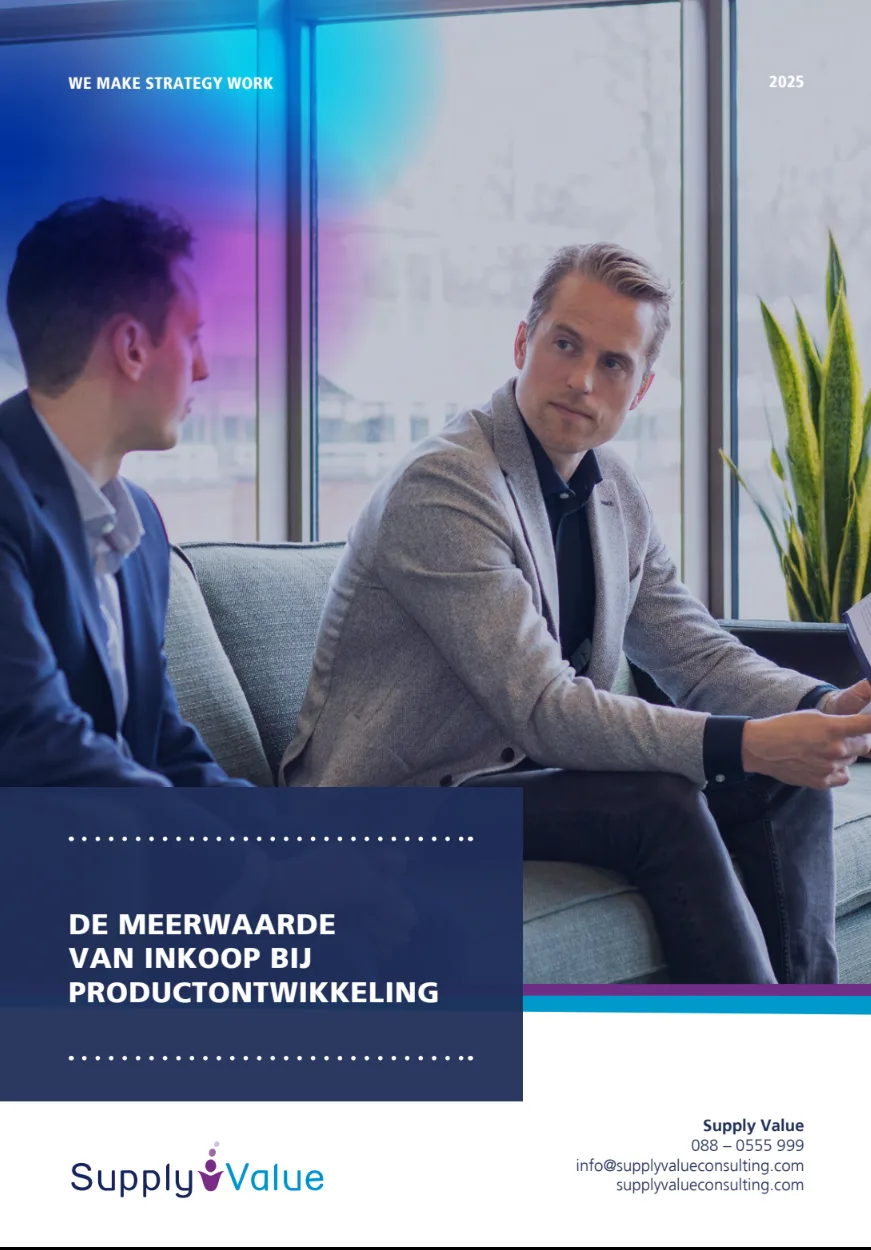In recent years, customers of retailers in the Netherlands have adapted their buying behavior to be more environmentally conscious, showing a preference for products that are produced sustainably, recyclable, and energy-efficient. They also prefer companies that strive to minimize waste. This whitepaper explores waste reduction through the application of lean management techniques and their effects on sustainability in retailers in the Netherlands. Lean is defined as “providing a product or service with minimal resources (focusing on ‘waste’) while still satisfying customers, employees, and suppliers.” It enhances competitiveness and performance while emphasizing waste reduction and efficient processes.
For this study, 12 retailers were examined, differing in size, product category, and whether they have an online or offline sales channel. During the analysis of these 12 cases, the elimination of waste, simplification of work design, and resolving bottlenecks throughout the supply chain were found to be common practices among Dutch retailers, demonstrated through various techniques. However, the pull method, where actual customer demand determines the supply of goods instead of anticipated demand, is currently less adopted by Dutch retailers.
Regarding the effects of lean on economic sustainability: lean implementation, which focuses on waste removal and related procedures, often reduces operational costs, improves operational excellence, and positively impacts economic sustainability. Nevertheless, some retailers still prefer “non-lean” methods to “lean” methods to save costs. Additionally, applying lean practices has a positive impact on ecological sustainability, as evidenced by waste reduction, significantly benefiting the environment. Examples include sorting waste streams, using recyclable packaging, and employing energy-efficient transportation means. Lastly, concerning social sustainability, the health and safety of employees are highly prioritized, and Dutch retailers offer their staff access to training programs to prevent work-related strain. Furthermore, as the interviewed lean companies donate leftover goods to the Food Bank, Salvation Army, and other charitable organizations, they often have a positive impact on society. You can download the whitepaper below.



